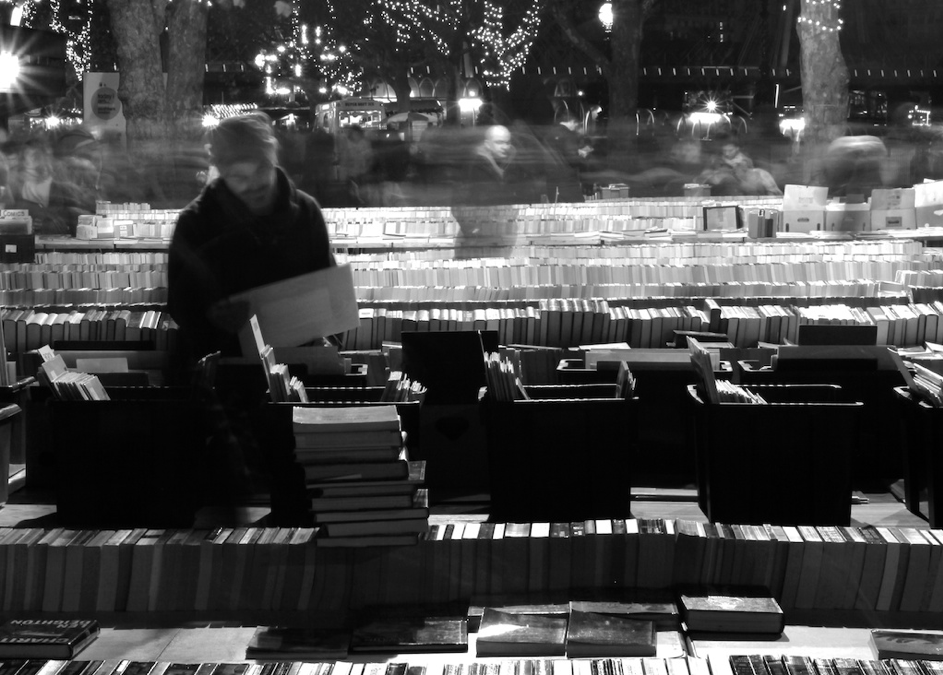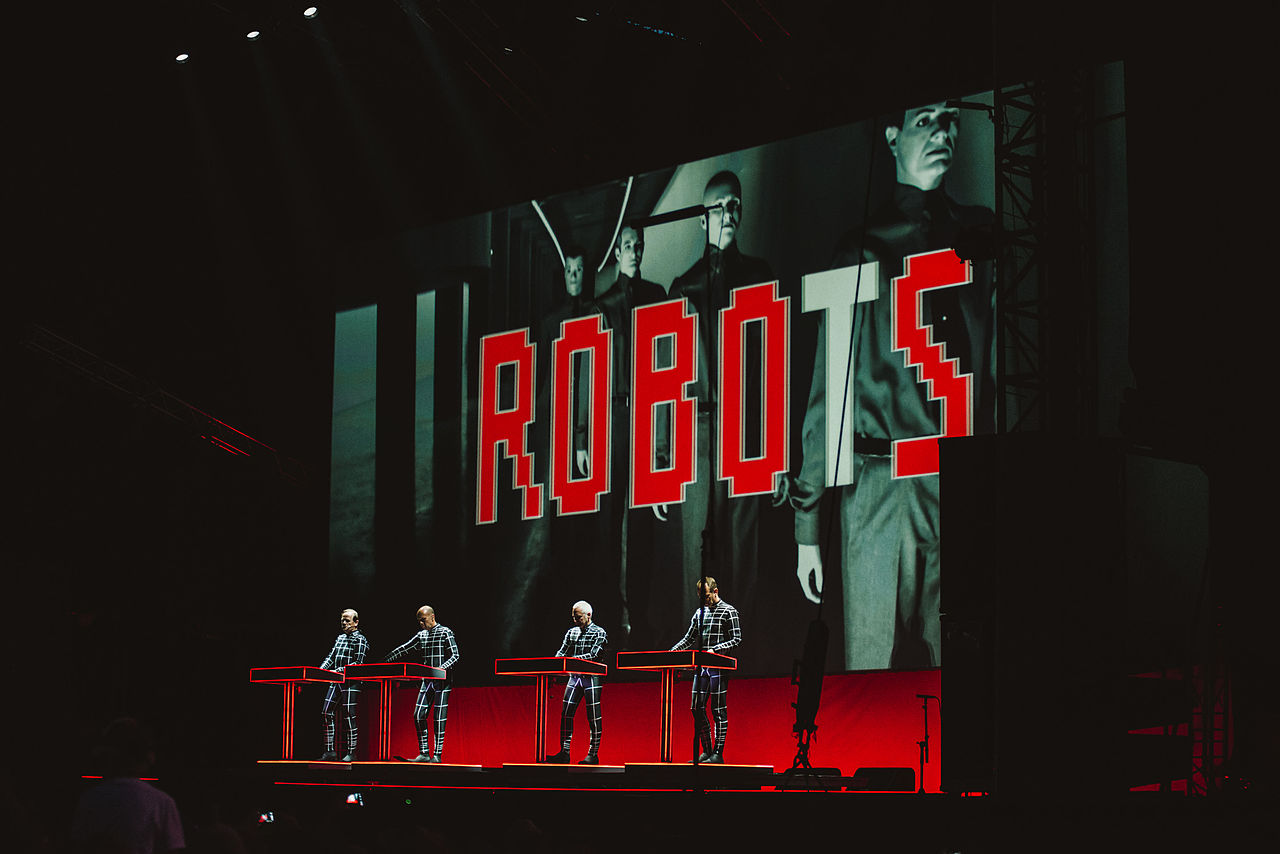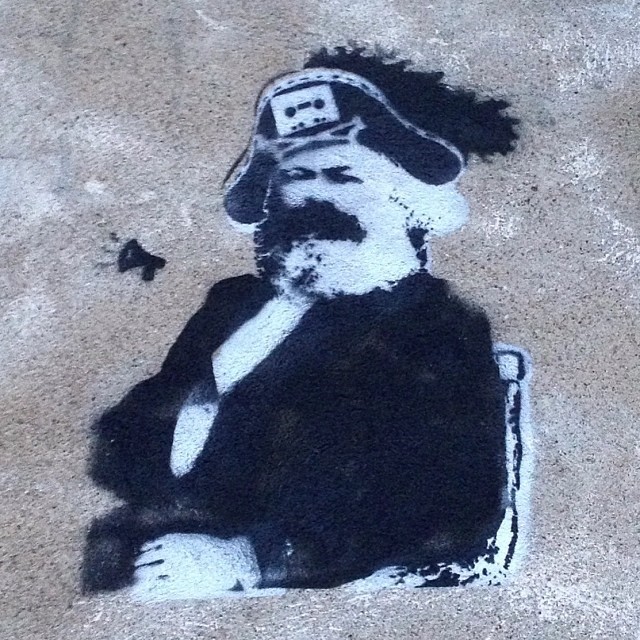By Sacit Hadi Akdede, Victor Ginsburgh and Aynur Uçkaç

We all know the big productions of older classical theatre have full imposing casts yet theatre productions are progressively losing cast size. Is this a response to changes in consumer taste or simply a way to lower the growing production costs?
Continue reading “INTERNALIZING PRODUCTION COST AND CHANGES OF TASTES: MORE RECENT THEATRE PLAYS FEATURE FEWER ROLES”




Recent Comments